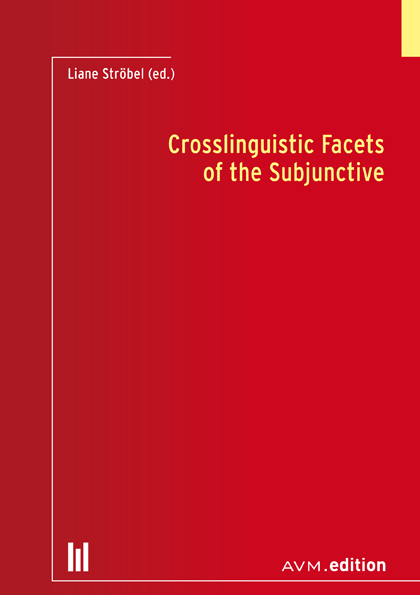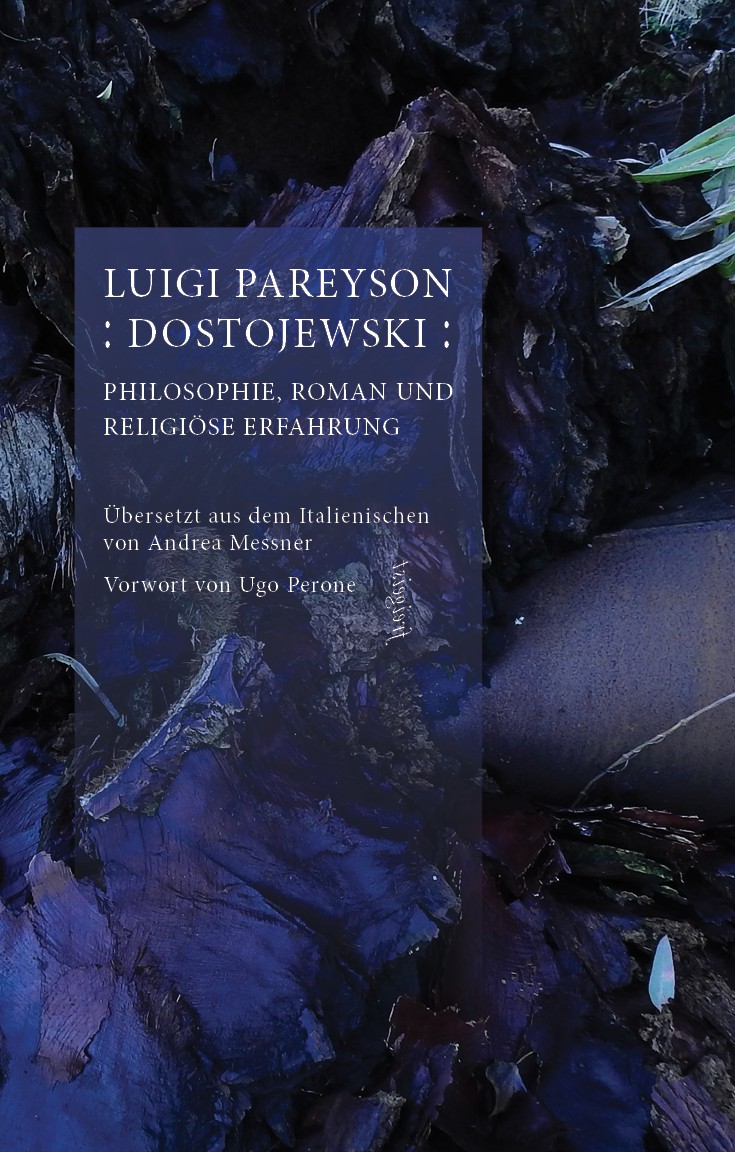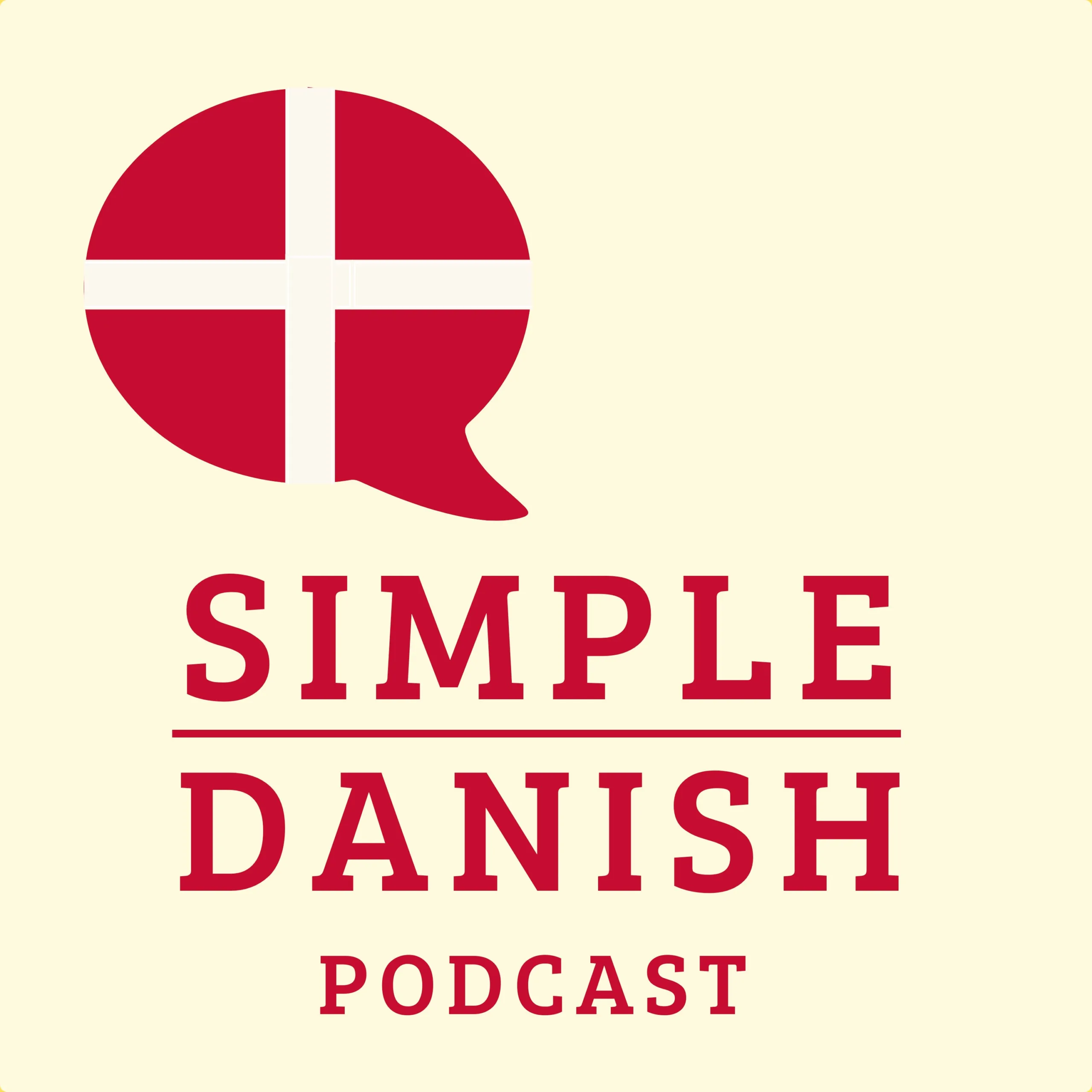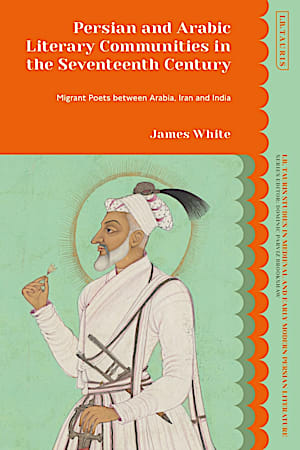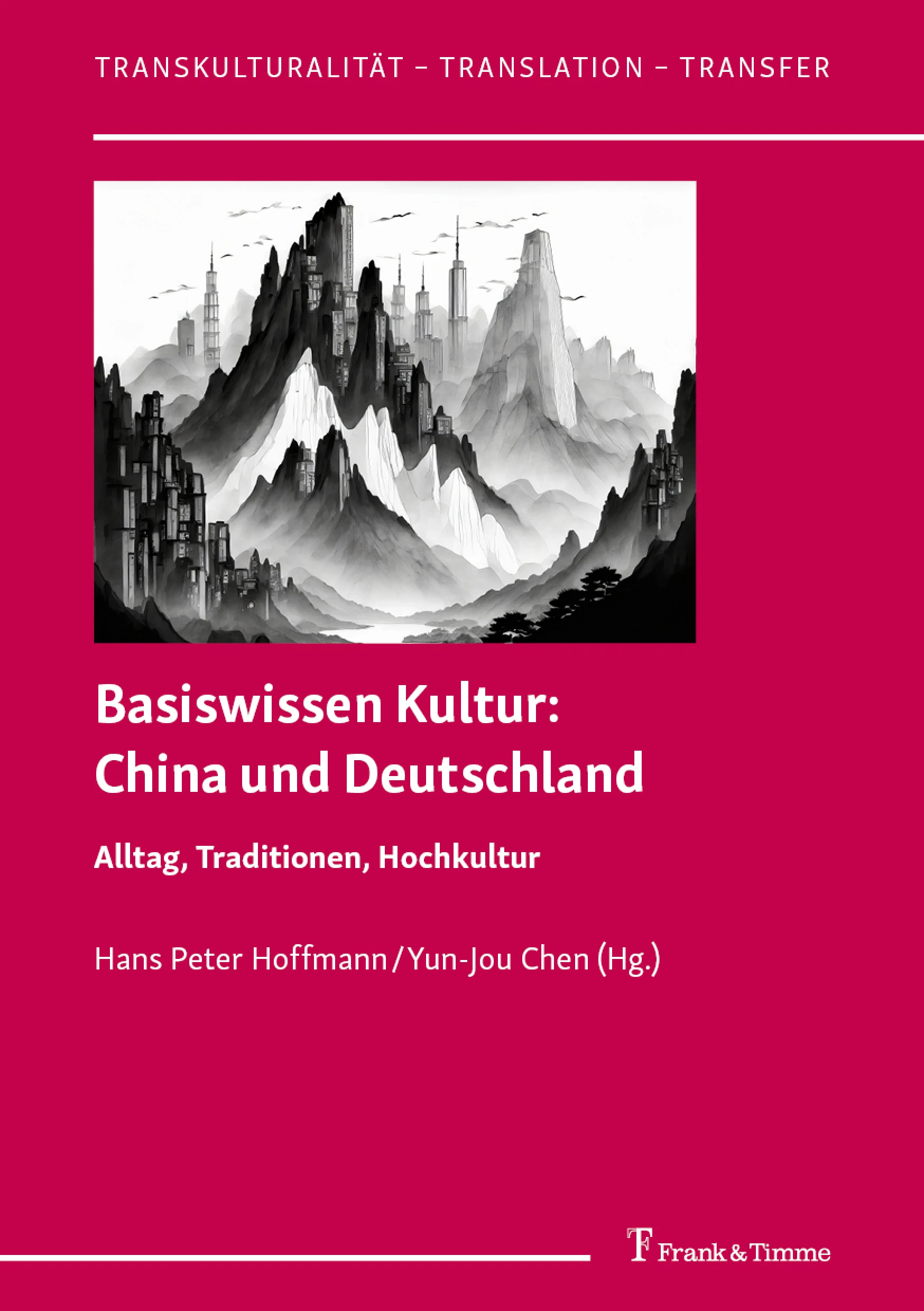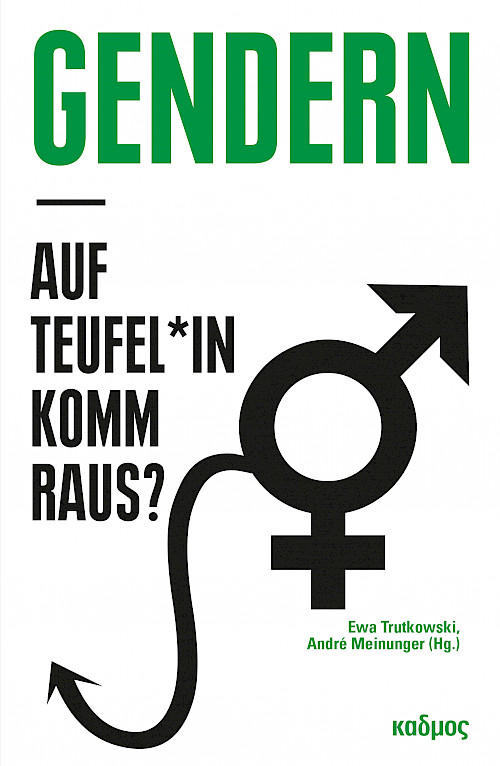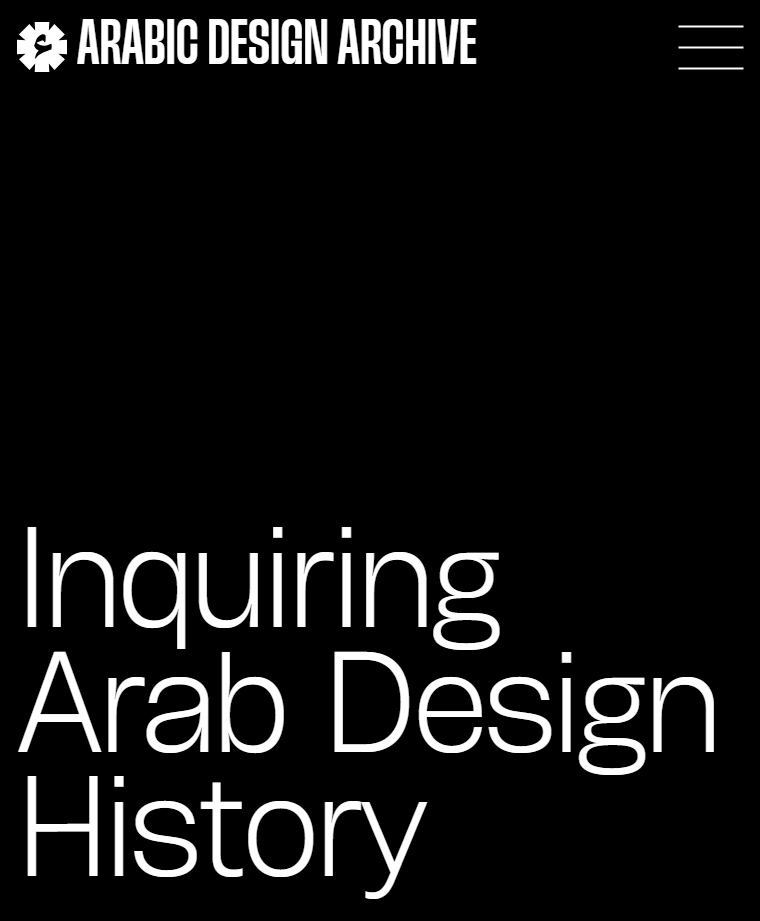Contact Languages and Music
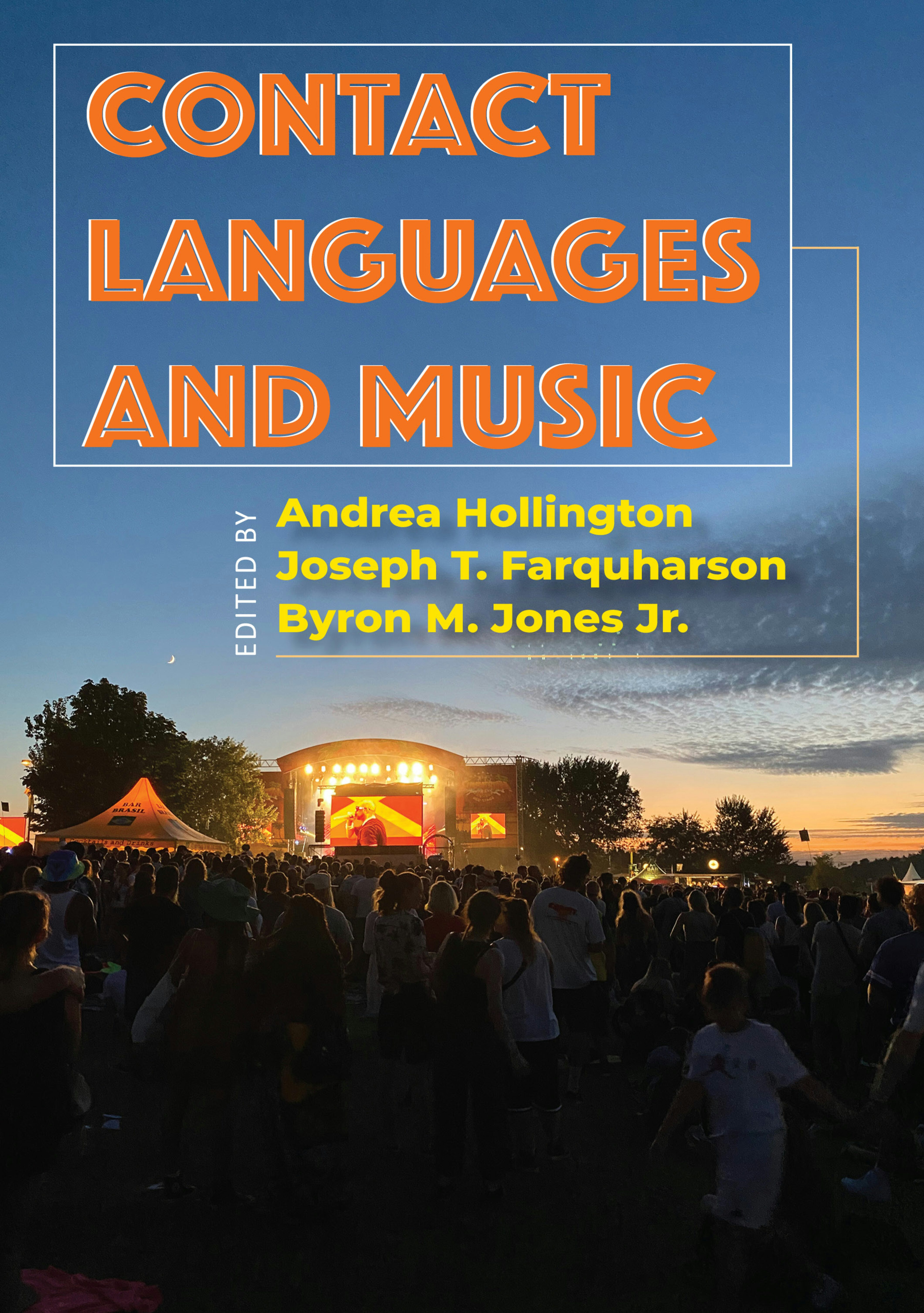 Language and music are connected in many ways. As social and cultural practices, they have been intertwined in multiple ways. Musical and linguistic practices are often intertwined to express distinct and complex identities, attitudes, ideologies, social roles and political views. Spaces characterized by migration, contact, multilingualism, and colonial inequalities, are particularly interesting for the study of the intersections between language and music.
Language and music are connected in many ways. As social and cultural practices, they have been intertwined in multiple ways. Musical and linguistic practices are often intertwined to express distinct and complex identities, attitudes, ideologies, social roles and political views. Spaces characterized by migration, contact, multilingualism, and colonial inequalities, are particularly interesting for the study of the intersections between language and music.
This volume is the first book-length account of contact languages and music. It offers a stimulating collection of contributions on different territories, multiple musical genres and topics, and various methodological approaches. The chapters address myriad topics such as nationality, ethnicity, identity, gender, migration and diaspora.
zum Buch im KatalogPlus
zum Buch auf der Verlags-Website
The end of genre: curations and experiments in intentional discourses
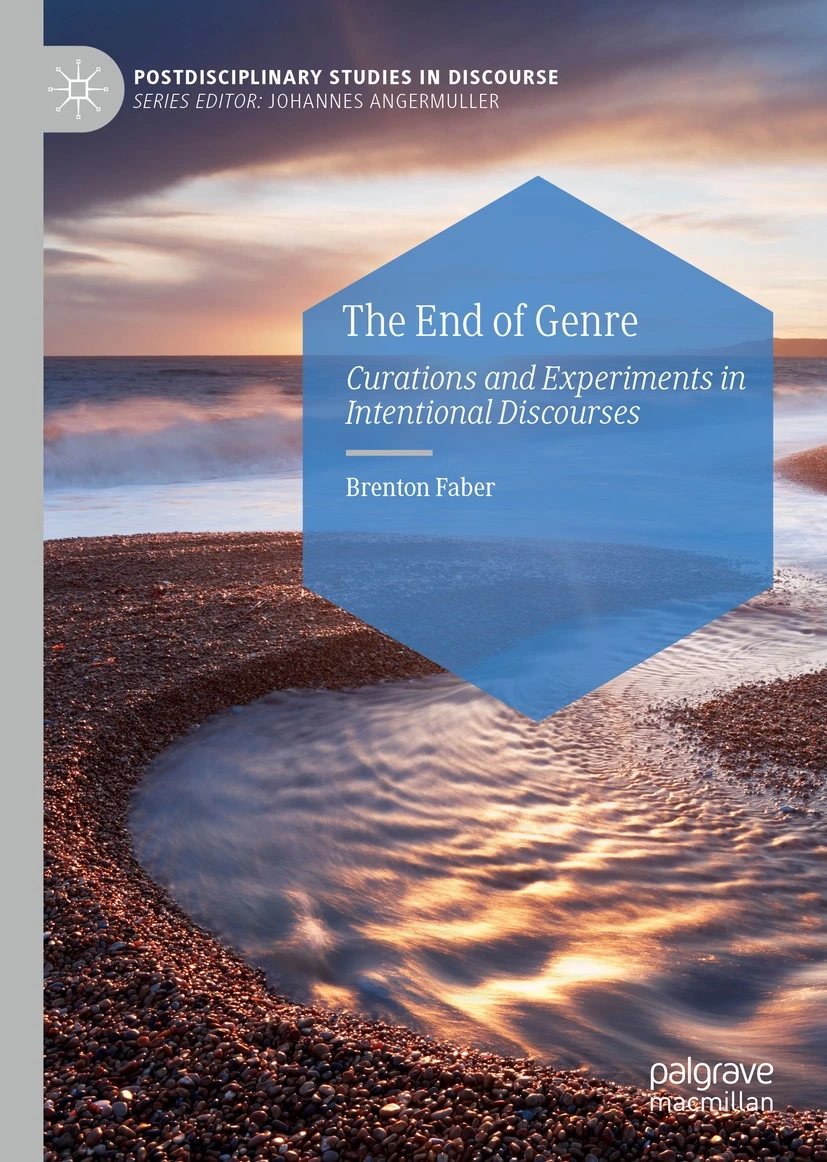 This book explores early new critical debates about intention, tracing how and why intention was dismissed across much humanities scholarship, and how it can be revisited and made relevant as a key formative, evaluative, and ethical concept. The author argues that the academic disinterest in intention occurred simultaneously as genre criticism and later the rhetorical interest in genre came into its own. Genre became a way to simultaneously elide and naturalize intention. The book elaborates on the pedagogical, ethical, and empirical consequences naturalizing intention through genre has had for rhetorical studies and it offers a new term, “curations” to identify discursive forms, actions, and intentions working simultaneously. Finally, he also examines the gap between the humanities and STEM fields and shows specific ways scientists and engineers have called for the humanities to become more invested in intention as both a critical and an operational concept. This book will be of interest to students and scholars of discourse studies and critical discourse analysis, rhetoric and professional communication, including those in fields such as medicine, engineering, STS and business studies.
This book explores early new critical debates about intention, tracing how and why intention was dismissed across much humanities scholarship, and how it can be revisited and made relevant as a key formative, evaluative, and ethical concept. The author argues that the academic disinterest in intention occurred simultaneously as genre criticism and later the rhetorical interest in genre came into its own. Genre became a way to simultaneously elide and naturalize intention. The book elaborates on the pedagogical, ethical, and empirical consequences naturalizing intention through genre has had for rhetorical studies and it offers a new term, “curations” to identify discursive forms, actions, and intentions working simultaneously. Finally, he also examines the gap between the humanities and STEM fields and shows specific ways scientists and engineers have called for the humanities to become more invested in intention as both a critical and an operational concept. This book will be of interest to students and scholars of discourse studies and critical discourse analysis, rhetoric and professional communication, including those in fields such as medicine, engineering, STS and business studies.
zum Buch im KatalogPlus
zum Buch auf der Verlags-Website

